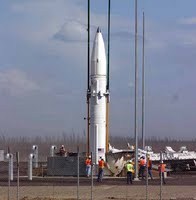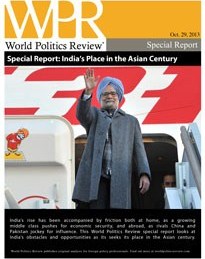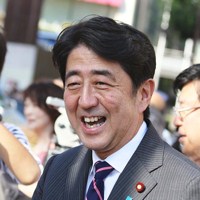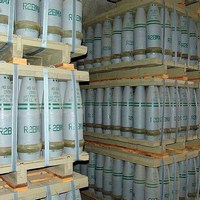
When the Ibero-American Summit convened in Panama on Oct. 16, it bore little resemblance in spirit and tenor to its launch in 1991. The idea that initially animated the annual gathering of Spain and Portugal’s heads of state and their Latin American counterparts emphasized the renewal of historical, cultural bonds in a context in which the two relatively prosperous European nations could lend a hand to help lift up their former colonies. Spain in particular was held up as a model for its post-Franco democratic restoration and would serve as Latin America’s entry point into European markets. Judging by the […]
















